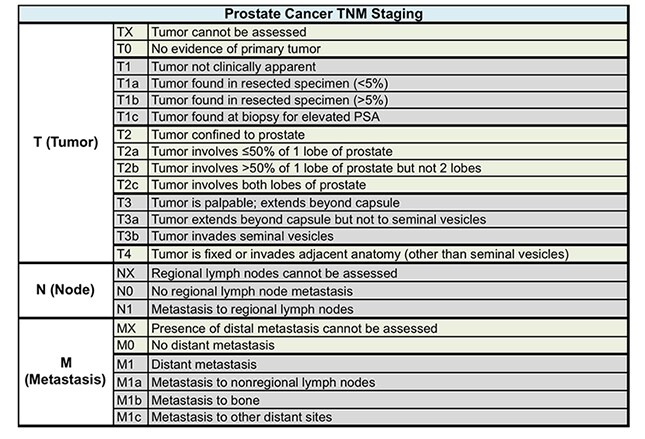

This can be attributed to lifestyle changes, such as diet and decrease in UV exposure linked with vitamin D deficiency, but also to a better understanding and use of prostate-specific antigen (PSA) as a screening tool . Incidence rates in the UK are projected to rise by 12% by 2035 to 233 cases per 100,000 males . In 2017, there were around 48,600 new cases of prostate cancer in the UK, making it the most common cancer in men, and data also show that it represents 26% of all new cancers in males . Prostate cancer is the fourth most diagnosed cancer worldwide, representing 7.3% of all new cases, preceded only by breast, lung and colorectal cancer . Understand the barriers for men seeking help and facilitate referral where appropriate.Know how prostate cancer is staged, including any classification systems.


Understand how prostate cancer is diagnosed and provide patients with advice relating to prostate specific antigen (PSA) testing.Know the risk factors for prostate cancer and recognise the symptoms of the disease.Journal of Pharmaceutical Health Services ResearchĪfter reading this learning article, you should be able to:.International Journal of Pharmacy Practice.Antimicrobial resistance and stewardship.


 0 kommentar(er)
0 kommentar(er)
